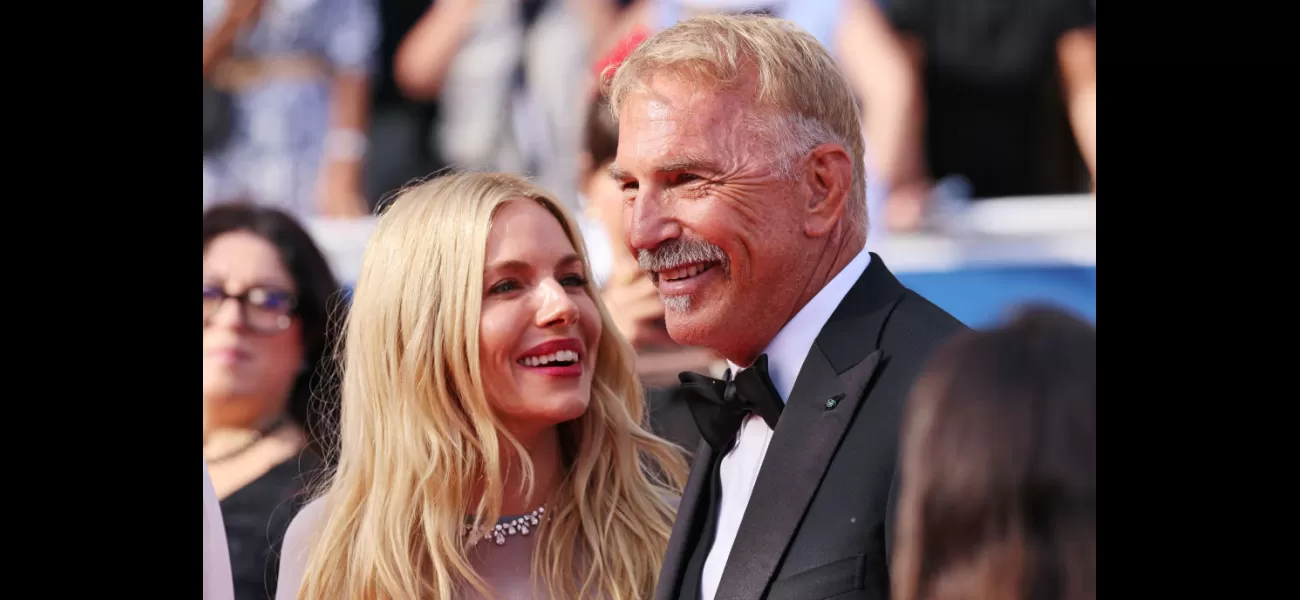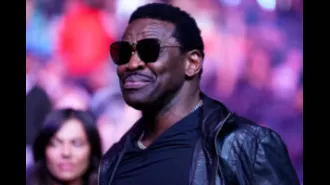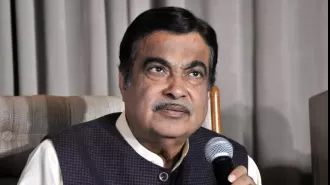Cannes Film Festival's love for long standing ovations explained.
Measuring a film's quality or impact should not be done in this manner.
May 23rd 2024.

Every year, the Cannes Film Festival brings a whirlwind of excitement and anticipation as filmmakers and movie stars gather on the famous red carpet to showcase their latest projects. And as the festival reaches its peak, one tradition seems to capture the attention of fans and critics alike – the standing ovation.
This year was no different, with Kevin Costner's highly anticipated film, Horizon: An American Saga, premiering at Cannes and receiving a standing ovation that lasted anywhere from seven to eleven minutes, depending on who you ask. But while this may seem like a measure of a film's success, it's actually a controversial and often misleading practice.
Despite the moans and groans of fans and critics, we can't seem to break the habit of timing and reporting on the length of standing ovations at Cannes. It's become a sort of unofficial ranking system for the festival, with each film's ovation being monitored and compared to the others.
But is this really an accurate way to measure a film's impact? Many argue that it's simply a facade, with even the most mediocre of films receiving a standing ovation out of politeness and the prestige of being screened at Cannes.
And yet, we continue to put so much weight on these ovations, using them to predict a film's box office success and critical reception. But as anyone who has been to Cannes knows, the length of a standing ovation is often meaningless and can easily be manipulated.
Directors are often given the microphone to speak at some point during the ovation, cutting it short and giving the illusion of a shorter ovation. And if a film has a large cast, it can take even longer for everyone to make their way down the line, prolonging the applause.
But perhaps the most telling sign that these ovations are not a true measure of a film's quality is the fact that even the biggest flops have received standing ovations. Films like Nicolas Cage's The Surfer and Lee Daniels' The Paperboy received lengthy ovations at Cannes, only to bomb at the box office and receive mixed reviews.
So while the tradition of standing ovations at Cannes may continue, it's important to take them with a grain of salt. They may be a show of appreciation and celebration, but they are not a reliable indication of a film's success or quality.
Whether we like it or not, the standing ovation has become a part of the Cannes Film Festival's culture. But as we obsess over the length of these ovations, let's not forget that they don't always reflect the true impact of a film. So let's sit back, enjoy the show, and take these ovations for what they truly are – a moment of celebration and recognition, but not a definitive measure of a film's worth.
This year was no different, with Kevin Costner's highly anticipated film, Horizon: An American Saga, premiering at Cannes and receiving a standing ovation that lasted anywhere from seven to eleven minutes, depending on who you ask. But while this may seem like a measure of a film's success, it's actually a controversial and often misleading practice.
Despite the moans and groans of fans and critics, we can't seem to break the habit of timing and reporting on the length of standing ovations at Cannes. It's become a sort of unofficial ranking system for the festival, with each film's ovation being monitored and compared to the others.
But is this really an accurate way to measure a film's impact? Many argue that it's simply a facade, with even the most mediocre of films receiving a standing ovation out of politeness and the prestige of being screened at Cannes.
And yet, we continue to put so much weight on these ovations, using them to predict a film's box office success and critical reception. But as anyone who has been to Cannes knows, the length of a standing ovation is often meaningless and can easily be manipulated.
Directors are often given the microphone to speak at some point during the ovation, cutting it short and giving the illusion of a shorter ovation. And if a film has a large cast, it can take even longer for everyone to make their way down the line, prolonging the applause.
But perhaps the most telling sign that these ovations are not a true measure of a film's quality is the fact that even the biggest flops have received standing ovations. Films like Nicolas Cage's The Surfer and Lee Daniels' The Paperboy received lengthy ovations at Cannes, only to bomb at the box office and receive mixed reviews.
So while the tradition of standing ovations at Cannes may continue, it's important to take them with a grain of salt. They may be a show of appreciation and celebration, but they are not a reliable indication of a film's success or quality.
Whether we like it or not, the standing ovation has become a part of the Cannes Film Festival's culture. But as we obsess over the length of these ovations, let's not forget that they don't always reflect the true impact of a film. So let's sit back, enjoy the show, and take these ovations for what they truly are – a moment of celebration and recognition, but not a definitive measure of a film's worth.
[This article has been trending online recently and has been generated with AI. Your feed is customized.]
[Generative AI is experimental.]
0
0
Submit Comment





